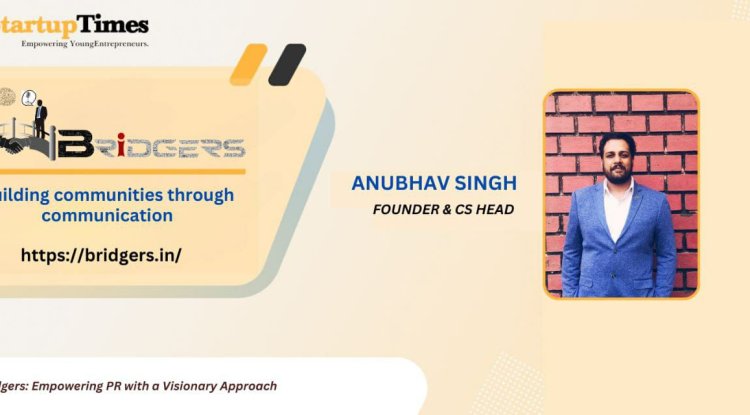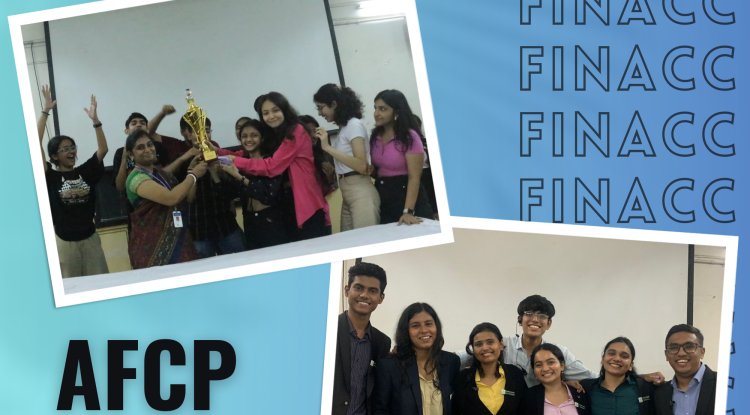Byju's Revamps Sales Strategy: Indian Edtech Giant Moves Away from Controversial Practices to Expand Reach"
Indian edtech giant Byju's has changed its sales strategy to address criticisms of its previous approach. The company, which is headquartered in Bengaluru and is India's most valuable start-up, has announced that its salespeople will no longer visit students' homes to speak to their parents.

Indian edtech giant Byju's has changed its sales strategy to address criticisms of its previous approach. The company, which is headquartered in Bengaluru and is India's most valuable start-up, has announced that its salespeople will no longer visit students' homes to speak to their parents. Instead, the entire sales team will work from inside the office and only reach out virtually to those whose children have shown an interest in subscribing to the platform. The move was made in October last year and is aimed at bringing more accountability and transparency to the company's workforce.
The new 4-tier approach includes multiple checks to verify customers' intent and consent to purchase a subscription. Byju's has also introduced an affordability test for all potential customers, ensuring that the child's family income is at least 25,000 Indian rupees ($306) before they can move forward with the purchase. The refund process will also be conducted over a Zoom call. The company claims that this new strategy is already returning a higher conversion rate and allowing Byju's to expand its reach in the country.
Byju's has been criticized in the past for its aggressive sales tactics, with allegations that some of its personnel made misleading pitches to parents and persuaded them to buy a subscription when they couldn't afford it. The company offers a range of learning platforms to students, from free content and classes to hybrid lessons at its centres across the South Asian market. It also connects parents who need to take a loan with banks and non-banking financial companies.
The CEO of Byju's India business, Mrinal Mohit, said that the revamp is bringing more transparency with parents and what its salespeople are telling them. He added that with inside sales, location is not a barrier, and all calls are recorded, so the company knows exactly what is being pitched to the parents. He also said that if an individual doesn't know how to precisely answer a parent's questions, the start-up is able to pull in more experienced and relevant personnel in real-time.
Sales is a key part of Byju's success. The start-up's classes operate on a two-teacher model, where the lessons are taught through pre-recorded videos while an on-site or live teacher tackles students' questions. The company's philosophy from the beginning has been to bring the best education to students, and this means relying on lessons from certain teachers as the base of its offerings. Salespeople are tasked with explaining the benefits of this model.
In conclusion, Byju's has made a significant change in its sales strategy, moving away from a business practice that attracted criticism over the years. The new strategy is aimed at bringing more accountability and transparency to the company's workforce and is already returning a higher conversion rate and allowing Byju's to expand its reach in the country













